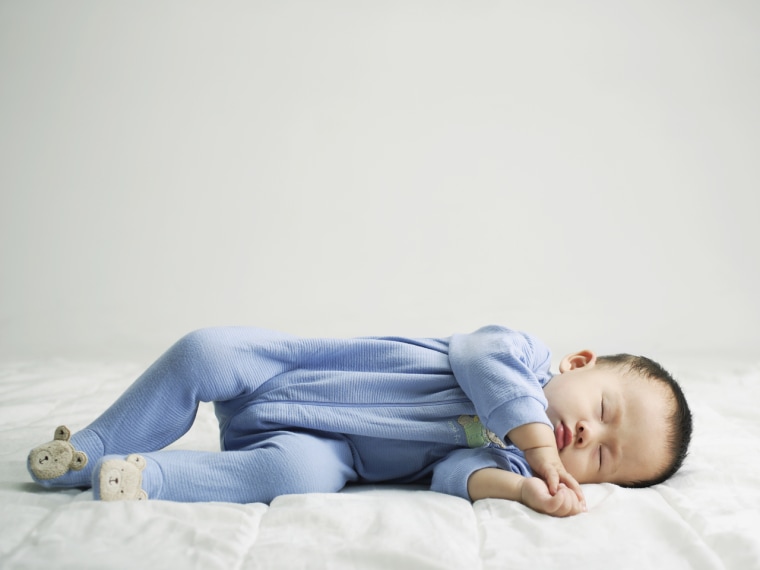The recession has been bad for a lot of people, but one sector is benefiting: babies.
Women having babies in the United States are more educated than ever, a trend that has accelerated during the recession, according to a new Pew Research Center analysis of U.S. Census Bureau data.
In the three years after the recession started in 2007, there was a 17 percent decline in births among women who did not have a high school diploma. By 2011, only 14 percent of new moms lacked a high school diploma, according to the report released Friday.
As of 2011, 66 percent of mothers with infant children had at least some college education, compared with 18 percent in 1960.
“We have a short-term-trend that is an exaggeration of a long-term trend,” said Gretchen Livingston, a senior researcher at Pew and the lead author of the report.
That’s good news for the babies, the Pew report notes, because of other research that has made a strong link between maternal education levels and healthy birth weights, delivering at term, improved cognitive skills and higher academic achievement.
“It is difficult to determine whether maternal education is causing some of these outcomes, or if it is serving as a proxy for some other causal factor (for example, economic well-being). What is irrefutable, though, is that on average the more education a woman has, the better off her children will be,” the report states.
The caveat to that element is that on the extreme end, older women tend to have higher health risks during late pregnancies, Livingston said. And while overall, women are having fewer babies since the recession started, the exception is women in their 40s, whose biological clocks leave fewer options to delay a pregnancy until the economy rebounds. Since 2008, birth rates are up 9 percent for women ages 40 to 44, according to the study.
“This short-term trend may be due to the fact that younger, less educated women have been particularly hard hit by the recession, and thus have delayed childbearing, the report states. “Or, it may be the case that younger women know that they have the time to ‘make-up’ childbearing when their prospects improve in the future, while the typical 40-year-old does not have that opportunity.”
The study also points out that the percentage of higher-educated mothers can be linked to the fact that the share of women with at least some college education has more than doubled since 1960 and has again stepped up since the recession started.
In recent years, the share of women ages 15 to 44 with less than a high school diploma declined by 5 percent and the share with only a high school diploma but no further education declined by 4 percent. During that time, the percentage of women of child-bearing age with a college degree increased by 6 percent while the women with at least some college education increased by 3 percent.
